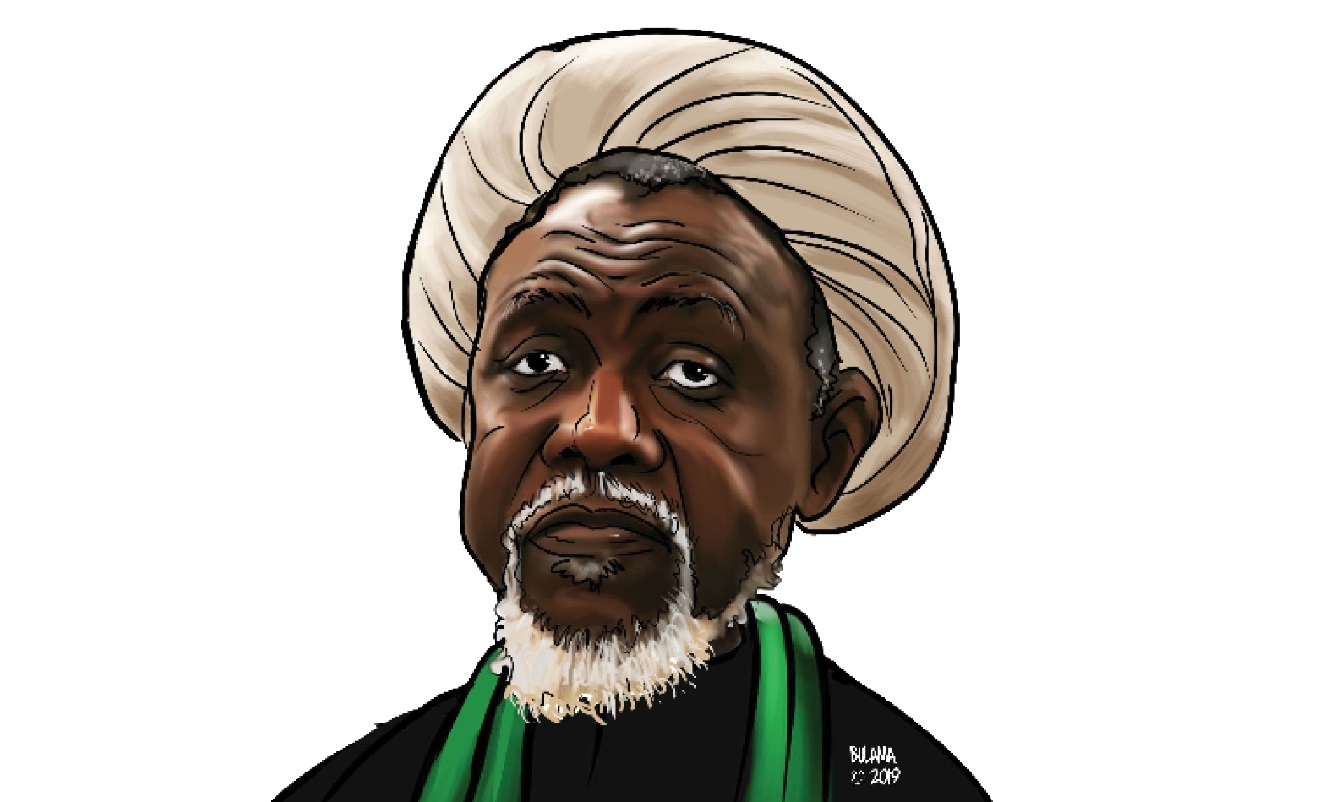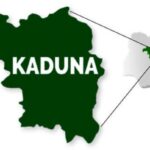A Kaduna High Court presided over by Justice Gideon Kurada last Tuesday discharged and acquitted Sheikh Ibrahim El-Zakzaky, the leader of the proscribed Shi’ite Islamic Movement in Nigeria, with his wife Zeenat, of multiple criminal charges. The charges against them were related to the tragic clashes between the army and members of IMN on December 12, 2015. Over 350 civilians were killed in the violent encounter.
At the court, the Kaduna State government accused El-Zakzaky and his wife of inciting IMN members to commit homicide; disturbance of public peace; inflicting bodily injury on a military officer, Faggo Babayo; and preventing former Chief of Army Staff, Tukur Yusuf Buratai, with his convoy from passing through Sokoto Road in Zaria. The court said the law under which the Shi’ite leaders were charged to court, were not in force in 2015 when the group was alleged to have committed the offence.
- Presidency to Lamido: Reveal how Turaki surrendered gov’ship ticket to you
- PODCAST: How floods are washing away livelihoods in Nigeria
The decision of the Kaduna High Court came five years after an Abuja Federal High Court ordered the Department of State Security (DSS) to release El-Zakzaky and his wife from detention unconditionally. The court had ordered his release within 45 days and awarded a compensation of N50 million to be paid to the Shi’ite leader. The Abuja High Court order was not obeyed, as the DSS argued that El-Zakzaky was being detained to ensure his personal protection. His detention had caused a huge outcry, not only among members of the IMN, but also in the human rights community.
Instead of releasing El-Zakzaky and his wife, the Kaduna State government filed fresh charges, bordering on terrorism and treasonable felony against the Shi’ite leader last Thursday. The government argued that the High Court ruling last Tuesday was not in consonance with the facts available to it.
The new charges have cut short the jubilation among members of IMN and the human rights community which thought last Tuesday’s ruling had brought an end to the travails of the controversial Shi’ite leader.
It is our view that this case suffered unnecessary delay. It is disturbing that it has been lingering since December 2015, a period long enough for a diligent forensic investigation into the tragedy that occurred in Zaria, to ensure proper prosecution. Government had set up a judicial panel of inquiry headed by Hon. Mohammed Lawal Garba, which submitted its report a couple of years ago, proffering far-reaching recommendations that should have guided the prosecution. These fresh charges of terrorism and treasonable felony should have been part of the earlier charges filed against El-Zakzaky and his wife.
Though a cross-section of Nigerians have frowned at the activities of IMN over the years, security agencies and political leaders, who should have called the movement to order, had failed in their responsibility to do so. It is for this reason that the bombardment of the religious group’s headquarters in Zaria in December 2015, leading to hundreds of deaths, has been condemned locally and internationally. Before things deteriorated to that level, security agencies should have taken the Shi’ite leaders to court for alleged disturbance of public peace or obstruction of movement, and Shi’ite leaders made to face the consequences.
As this case has lingered unnecessarily, we call on Kaduna State government to, first, consolidate its cases against El-Zakzaky, his wife and other members of the IMN, to ensure that the court of law hears them and avoid delay in dispensing justice. Secondly, we call on the government to implement the recommendations of the judicial panel of inquiry on this matter. The panel had called for compensation for victims of the 2015 incident, prosecution of military personnel involved in the extra-judicial killings, probe of IMN’s sources of funding, enactment of new rules for religious activities to prevent the tragedy of December 12, 2015, and sundry other solutions.
We also call on members of the IMN to ensure they follow the judicial process by arguing their case to a logical conclusion. They should ensure they exercise their religious freedom within the ambit of the law. Shi’ite movement cannot operate outside what is permissible in the laws of the Federal Republic of Nigeria.

 Join Daily Trust WhatsApp Community For Quick Access To News and Happenings Around You.
Join Daily Trust WhatsApp Community For Quick Access To News and Happenings Around You.


